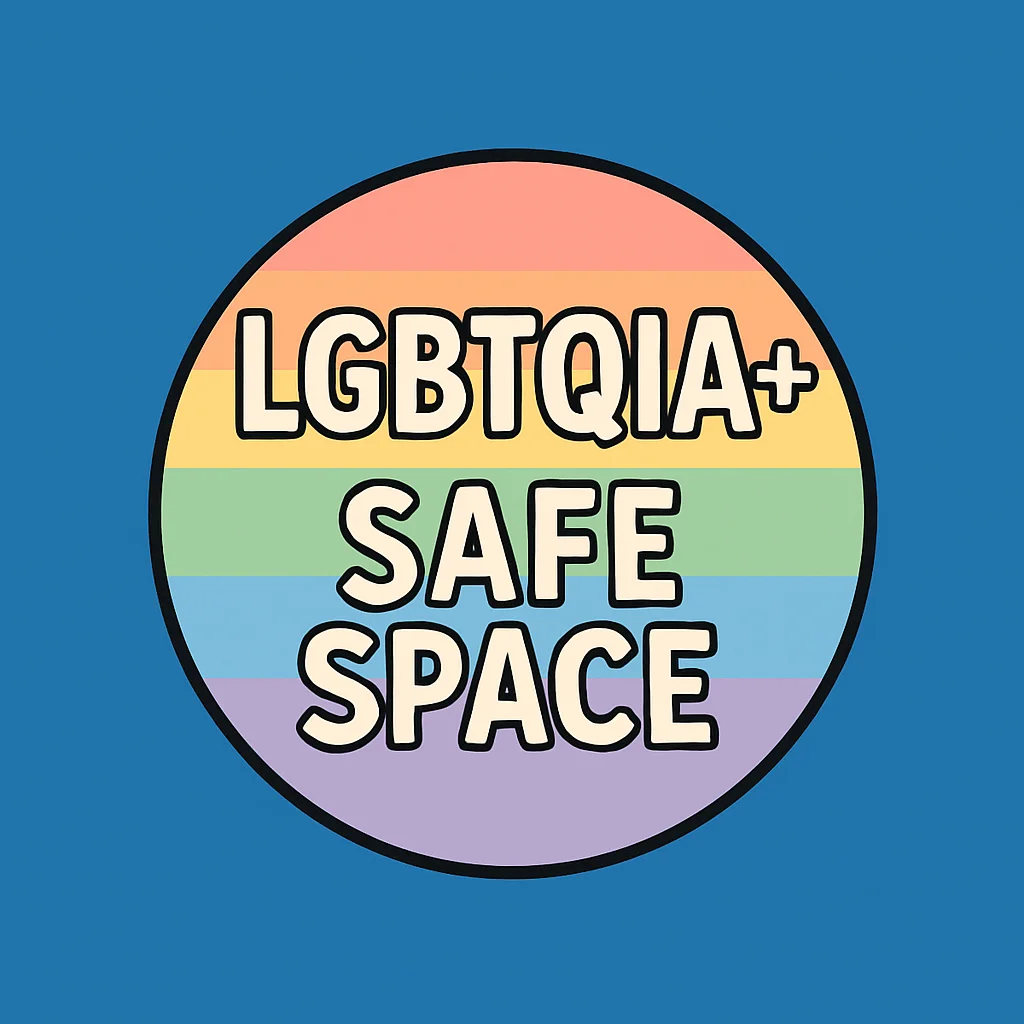This article discusses sexual assault, its impact, and what steps someone can take afterward. It contains sensitive topics that may be distressing. Please only read if you feel safe to do so.
Understanding Sexual Assault
Sexual assault is any sexual act carried out against someone’s will, without their consent, or when they are unable to give consent. It can take many forms — from unwanted touching to rape — and it’s important to recognize that none of it is the survivor’s fault.Survivors often experience a wide range of emotions: shock, fear, shame, guilt, anger, or numbness. There is no “right” way to feel after such a traumatic event. Everyone’s journey looks different, and all feelings are valid.
What to Do If You’ve Experienced Sexual Assault
- Make sure you are safe
If you are in immediate danger, call emergency services (999 in the UK, 911 in the US, or your local emergency number). Your safety is the most important thing. - Reach out for support
- You don’t have to go through this alone.
- Consider talking to someone you trust: a close friend, family member, or support service.
- Confidential helplines exist to listen and support you without judgment (see resources below). - Seek medical attention
Even if you don’t have visible injuries, medical professionals can check your wellbeing. They can also talk to you about options such as emergency contraception, STI testing, and forensic evidence collection (sometimes called a “rape kit”). - Think about reporting (if and when you are ready)
Reporting to the police is entirely your choice. Some survivors find it empowering; others prefer not to. Both choices are valid. If you’re unsure, many areas have Independent Sexual Violence Advisors (ISVAs) who can explain your options without pressure. - Look after your emotional health
Trauma can affect mental health in many ways. You may experience nightmares, flashbacks, anxiety, or depression. Professional support such as counseling or therapy can help you process what happened at your own pace.
Supporting Someone Who Has Been Assaulted
If a loved one confides in you:- Listen without judgment.
- Believe them. Doubting or questioning can cause further harm.
- Avoid pressuring them to take any particular step (medical, legal, or otherwise).
- Remind them it wasn’t their fault.
Sometimes the most powerful support is simply being there.
Useful Resources
UK:- Rape Crisis England & Wales – 24/7 helpline: 0808 500 2222
- Survivors Trust – support and referrals
US:
- RAINN (Rape, Abuse & Incest National Network) – 24/7 hotline: 1-800-656-4673
- Online chat also available via their website
Global:
- Women’s Aid – international links to local organizations
- Safe Helpline (for military survivors)
A Final Note
If you have survived sexual assault: you are not to blame. Healing can be a long process, and it’s okay to take it one step at a time. Reaching out for help is not a weakness — it’s a brave act of self-care.If you’re reading this for a friend or loved one, thank you for wanting to support them. Compassion and patience can make a life-changing difference.
Last edited:


